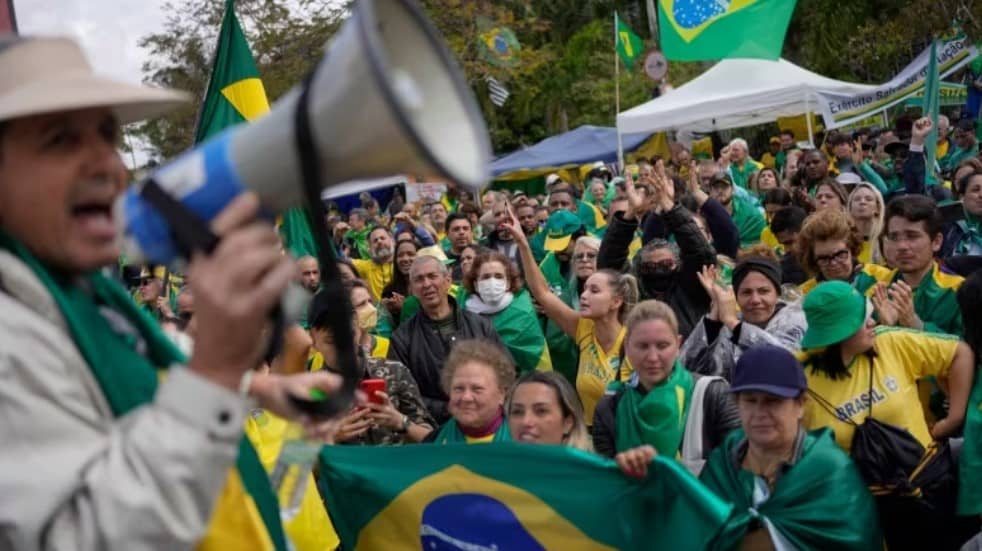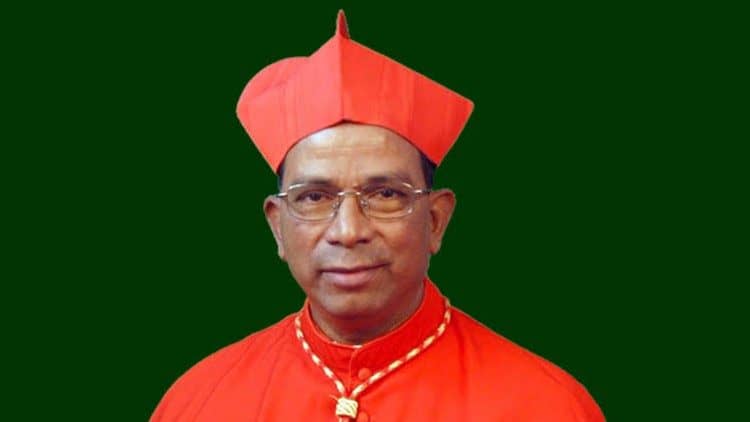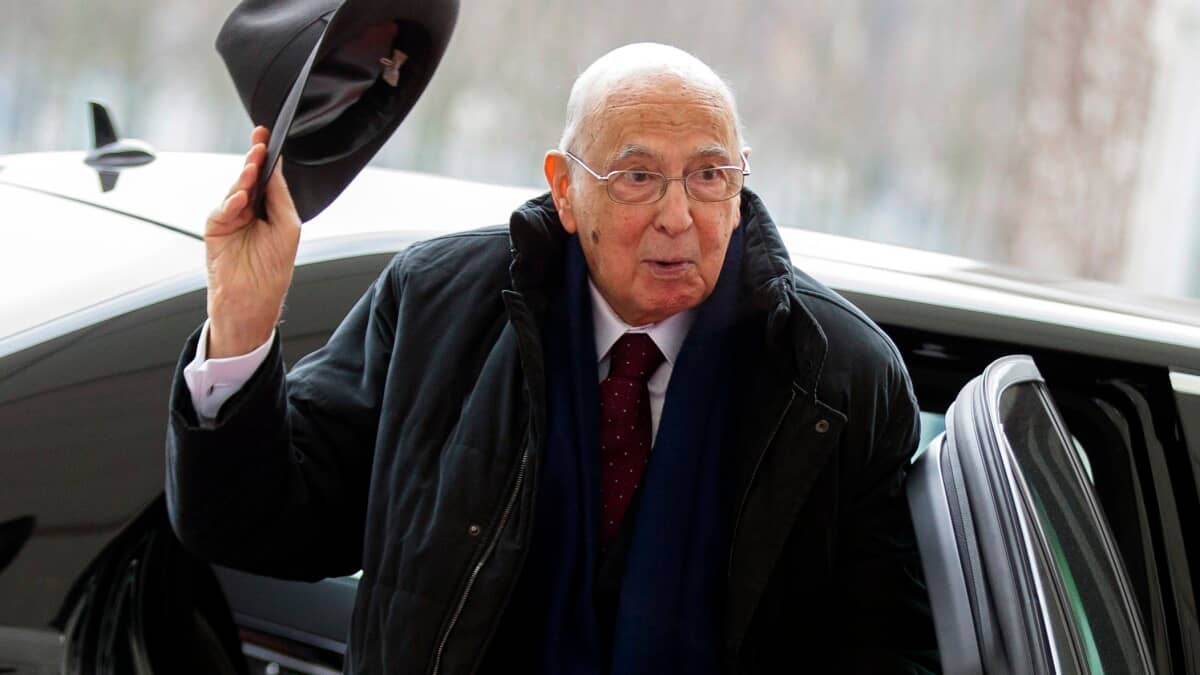MUMBAI, India — An Indian archbishop who was a champion of the oppressed and of victims of anti-Christian persecution died Sunday at the age of 81, praised by his successor as “fearless” and a “great soul.”
Archbishop Raphael Cheenath, a former head of the Cuttack-Bhubaneswar archdiocese in eastern India which was the setting for the most violent anti-Christian pogrom of the early 21st century, was a member of the Society of the Divine Word religious order, popularly known as the “Verbites.”
Cheenath “tirelessly served the people of Odisha,” said Archbishop John Barwa, his successor, referring to the eastern Indian state where the archdiocese is located.
Cheenath was appointed to head the archdiocese in 1985, and served until 2011.
“When he headed the Archdiocese of Cuttack-Bhubaneswar, he worked hard so that Tribals and Dalits could receive a good education and have access to proper medical facilities so that they could be independent and accepted as legitimate,” Barwa said.
Dalits are the “untouchables” under India’s ancient caste system, and the Tribals are members of Indian’s indigenous groups. Both have long been marginalized, with chronically high rates of poverty, illiteracy and disease.
“Our beloved archbishop [had] the love, gratitude and affection of believers in Odisha, especially those in Kandhamal district,” Barwa said, referring to the site of the 2008 eruption of anti-Christian violence that left 100 dead, thousands injured, hundreds of churches and other Christian sites destroyed, and an estimated 50,000 people taking refuge in a nearby forest.
The mayhem erupted after a Hindu holy man in the district was killed. Investigations later showed the assassination was carried out by Maoist insurgents, but rumors placed the blame on the Christian minority, inciting mobs of Hindu radicals seeking revenge.
Barwa’s own niece, Sister Meena Barwa, was raped during the attacks, and a local priest, Father Thomas Chellan, who served along with her in Kandhamal, was savagely beaten.
“The archbishop’s passion bears witness to the experience of suffering endured by the Church in Odisha,” Barwa said of Cheenath. “Despite everything, he has remained quiet and serene, embracing his cross with joy.”
“His words of comfort bring solace to every Christian in Odisha,” Barwa said.

Cheenath never abandoned his efforts on behalf of the victims of Kandhamal. Just twelve days before his death, India’s Supreme Court upheld an appeal he had filed for additional compensation for the victims of the 2008 violence.
Cheenath died in a Verbite residence in Mumbai, since after his retirement in 2011 a series of death threats rendered it unsafe for him to remain in Cuttack-Bhubaneswar. He obtained special permission from Cardinal Oswald Gracias, one of nine cardinal-advisers to Pope Francis, to reside in Mumbai.
Father Ajaya Kumar Singh, a Catholic Priest and Director of the Odisha Forum for Social Action in Bhubaneswar, told Crux that Cheenath “was a person of rare understanding and leadership,” and predicted that the archbishop’s legacy will “live in us.”
“We fought for justice till the end, [and] we will miss him,” Singh said.















